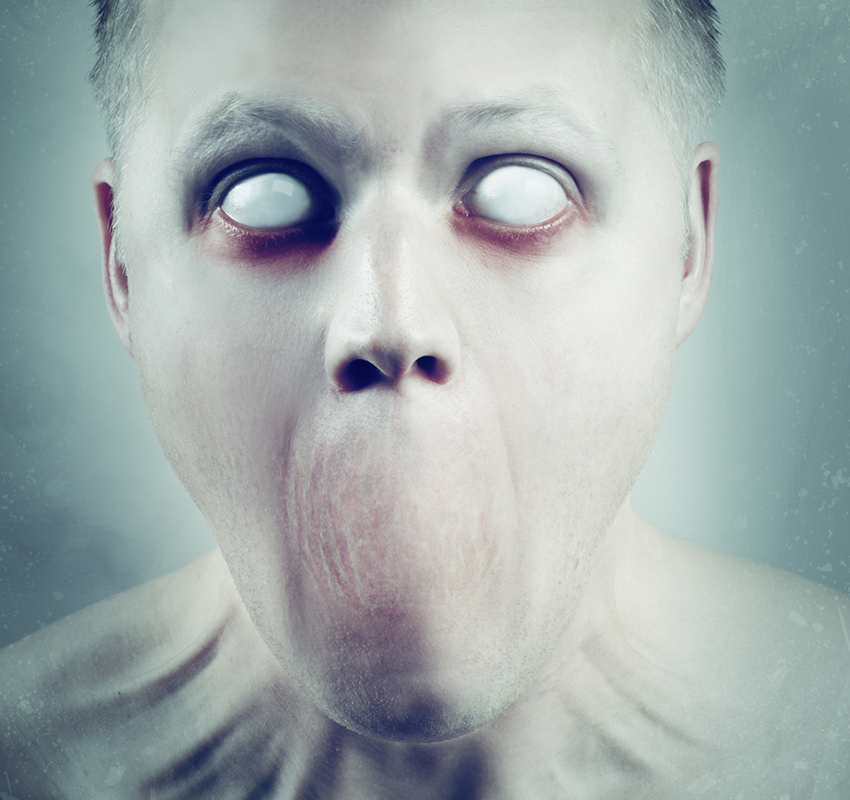Ask the Expert: Can You Really Be Scared to Death?

Scary face image via Shutterstock
Can people really be “scared to death?” It sounds like the stuff of ghost stories and movies, but physicians say although the phenomenon is rare, it is most definitely real. Research shows that fear from the brain can affect the heart, specifically with a rush of adrenaline.
Dr. Martin A. Samuels, chairman of the neurology department at Brigham and Women’s Hospital, has collected hundreds of reports of people who have died suddenly in frightening situations. These include victims of muggings and break-ins whose assailants never touched them; children who died on amusement-park rides; car-accident victims who sustained only minor injuries; and a man who jumped off the roof of Brigham and Women’s Hospital in 1980 but suffered severe heart damage before hitting the ground.
So can someone really be scared to death? “Yes, one can definitely be frightened to death,” Samuels says. “There is a great deal of evidence that supports this notion. The major mechanism is the Walter Cannon Fight or Flight model. When faced with a stress, the human being has an involuntary reaction caused by over-action of the sympathetic nervous system.”
Samuels says that in the ancient world, this was thought to be a benefit because it increased the chance of survival by increasing the heart rate, blood flow to the muscles, and blood pressure. “But in the modern world, all of this is considered dangerous and does not increase the chance the chance of survival, and can lead to an occasional fatal cardiac arrhythmia,” he says. “The unifying factor is that the nervous system controls the heart and it can do a lot of damage.”
Samuels and other experts believe that many of these deaths are due to a sudden heart malfunction set off by a surge of stress hormones from the body’s fight-or-flight system. When the brain perceives a threat, this primitive response activates the sympathetic nervous system, which sends adrenaline and other chemicals called catecholamines to increase a person’s heart rate and blood pressure, tense muscles, constrict blood vessels and prepare the body for action.


